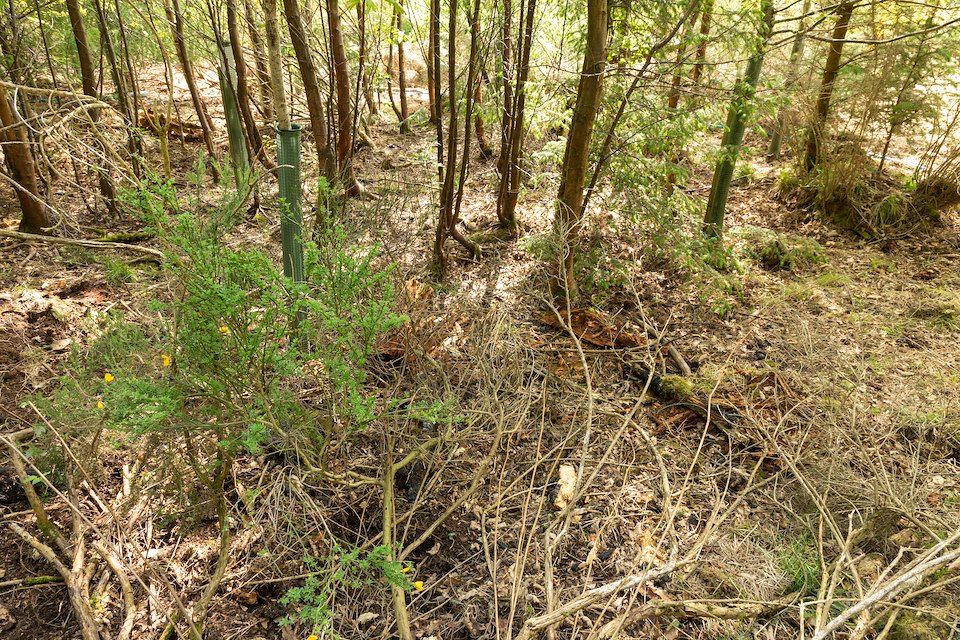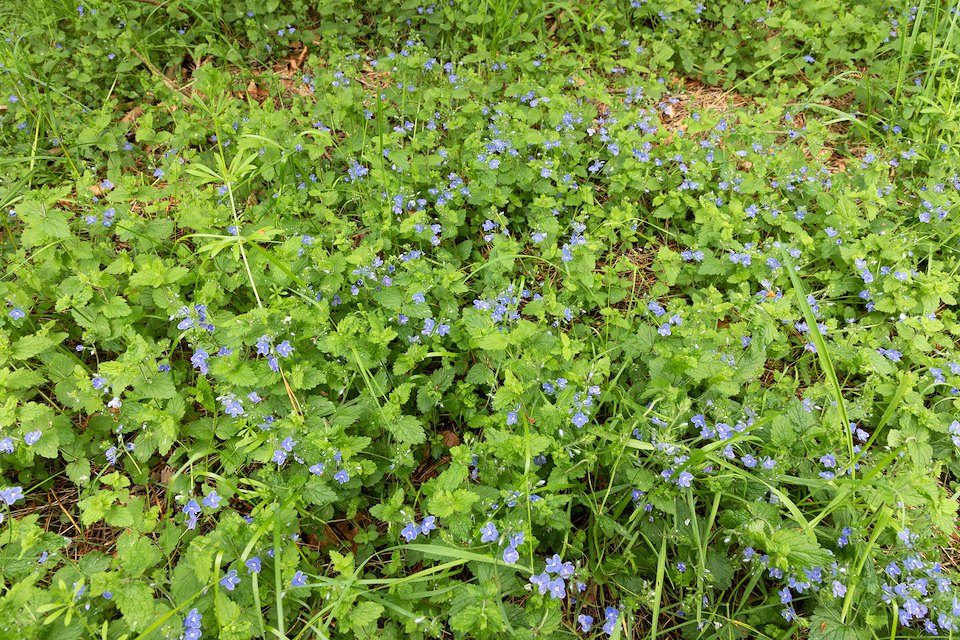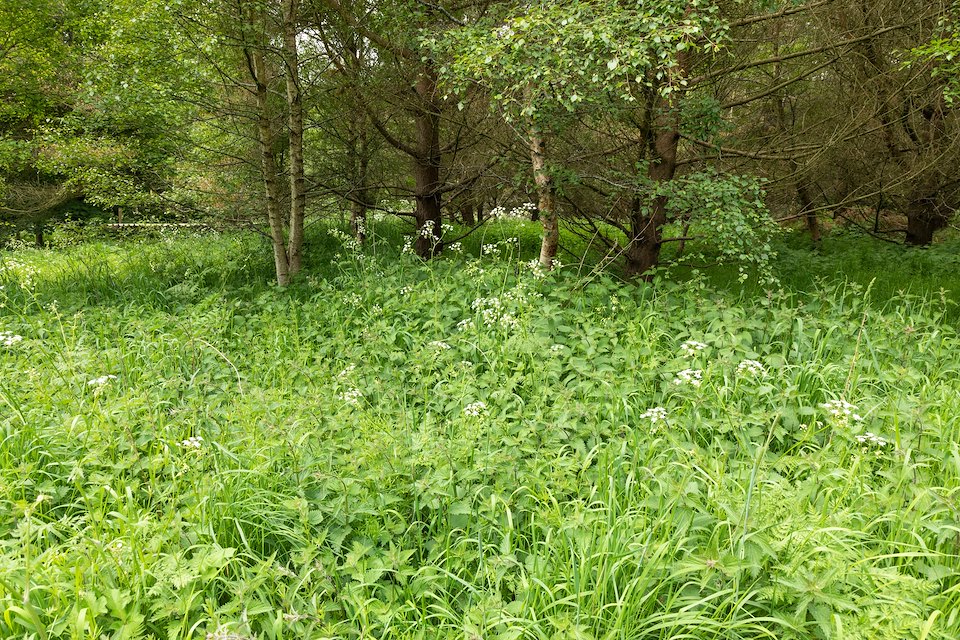New Farmers In The Modern Market
#SBPNextGen
Angus and Holly believe farming can be commercially successful while contributing to nature restoration, and they're putting that belief into action.
Angus has always had an interest in nature and farming, growing up surrounded by chickens and being an outdoorsy youngster, but he says: “I never thought I could make a career out of it.” So instead he studied engineering. During lockdown, he took a fresh look at life and, inspired by his interest in food production, decided to buy six weaner pigs (eight weeks old) to raise commercially. He and his partner, Holly, are now on an exciting new journey at Alder Croft in Aberdeenshire, and one that Angus hopes will ultimately lead to a full-time career in farming.
He talks candidly about the current policies surrounding subsidies. “I think it would be interesting to do away with subsidies altogether. But people need to eat and because we’re so entangled in it, it’s probably unrealistic. However, I think that without a subsidy system there would be a lot more grassland and low input farming, with less reliance on fertilisers and pesticides.”
“We really need to be eating less, but higher quality meat.”
He also recognises the benefits of trees in the farming landscape for wildlife and livestock. “We used to have a lot of trees and hedges but a lot were ripped out at the end of World War II. We’ve got fields with trees and the livestock definitely enjoy being in the shade in the summer and out of the elements in the winter.” He feels more trees would be a great asset and would result in a more efficient use of the land. “Maybe not producing more beef but producing more food overall from that area and providing other potential income streams from fruit trees or timber.”
For Angus and Holly, the way they live and generate an income is shifting and they’ll undoubtedly face challenges in a changing farming world. But Angus knows he’s in the right place, saying: “I love working outside. It doesn’t pay very well but it’s a great lifestyle. Being in the countryside, being in nature, it’s amazing and I don’t think you can really put a price on that.”








